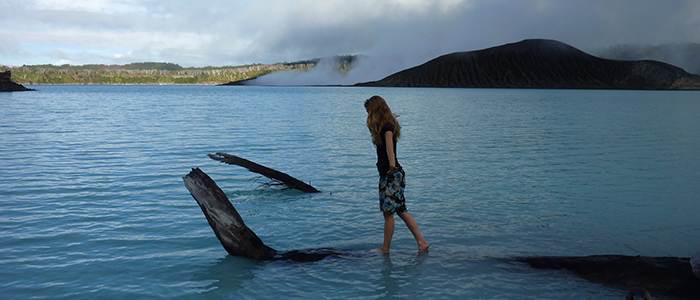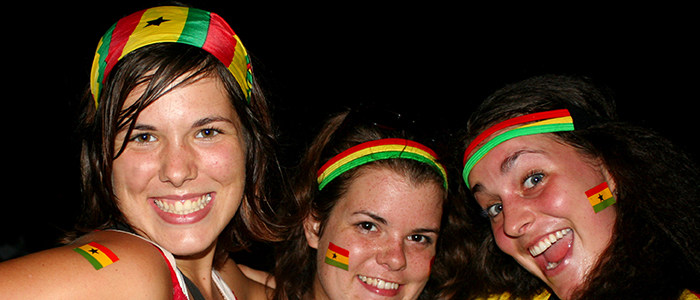Travelling with a disability: how to prepare
If you’ve got a disability then it might sometimes feel that travelling is more hassle than it’s worth. However, having a disability doesn’t mean that you have to cut back on your enjoyment – far from it. Admittedly, some countries aren’t as well adapted to disabled travel as others so it’s important to do as much research as possible before you go, but sensible planning and arrangements will ensure you’ll get the most out of your travels.
When it boils down to it, the best way of getting the most out of your travel experience is to plan well in advance. This way you can really tailor-make every single detail of your trip. Knowing your location, accommodation and the possible attractions you’ll visit will also give your hosts a chance to adapt their location especially for you, if needed. Planning in advance will give you and others time to prepare and make your journey as comfortable and as smooth as possible.
Some specialised travel agents can create tailor-made holidays for those with disabilities that aren’t that much more expensive than standard vacations. However, any high-street travel agent worth their salt will go out of their way to accommodate your needs.
Airlines tend to be well-equipped when it comes to disabled travellers. If you’re visually impaired and require a guide dog, for example, then the EU, North America and Australasia all participate in the pet passport scheme, which means that dogs can board planes with the owner.
What to pack, however, isn’t so easy. “Packing is critical,” writes Tom Nabarro, a wheelchair user. “The number of places you can purchase specialist equipment and supplies is limited. I always have two or more people compile independent lists (or use a previous list) and cross-reference to ensure I don’t forget anything vital.”
But even when you do prepare, very little can be done about differing cultural attitudes in your destination of choice. “I find that in countries where independent living for people with high-level disabilities is an unknown concept, disabled people tend to draw a lot of attention,” says Nabarro. “Occasionally the attention has a negative taint, but usually it’s blatant curiosity, which doesn’t bother me most of the time.”
Admittedly, cultural perceptions are difficult to prepare for, but with some good forward planning you can ensure that your time away is definitely worth the wait!



